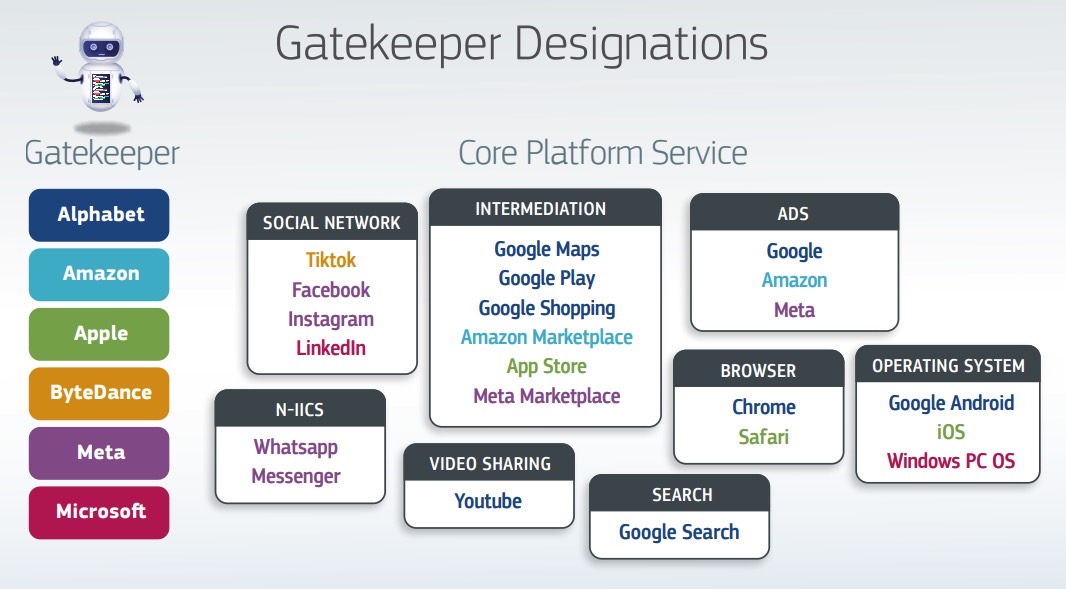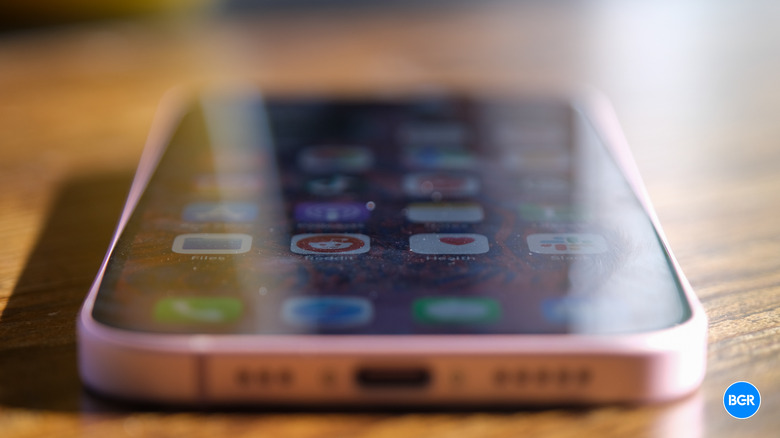iMessage Won't Be A Gatekeeper Service - Here's Why I'm Not Surprised
iOS, the App Store, and Safari are all gatekeeper services in the EU, as is Apple. That's according to the region's first gatekeeper determinations under the new Digital Markets Act (DMA) legislation a few months ago. Importantly, iMessage is not one of them. Comparatively, Meta's WhatsApp and Facebook Messenger chat apps are gatekeepers.
But the EU has started investigating whether iMessage qualifies as a gatekeeper, asking businesses some unusual questions along the way. Google partnered with the top carriers in Europe to pressure the EU to rule iMessage as a gatekeeper. The investigation's official conclusions won't be out until February, but word already got out that the EU has tentatively found that iMessage doesn't qualify as a gatekeeper.
As a European, I'm not surprised. We don't have a blue vs. green bubbles problem over here. As a longtime iPhone user, I rely on WhatsApp the most, even when texting other fellow iPhone users. Still, if the EU decides the iMessage isn't a gatekeeper, it'll be a big deal for Apple, Google, and other rivals.
Apple just accepted defeat to Google's PR campaign by announcing that the iPhone will support RCS messaging. It also delivered a blow to Google, so it's more of a draw. The RCS support coming to the iPhone won't be Google's RCS. Instead, Apple is simply supporting the GSMA RCS standard that comes with rich communication features but not encryption. Also, the bubble colors won't change.
Google can't do anything about it. But if the EU were to deem iMessage as a gatekeeper, maybe Google could ask Apple to make sure iMessages work with Google Messages, aka its RCS version. At least in Europe, that is, where the DMA is in effect.

Per Bloomberg, the EU has tentatively concluded that iMessage isn't popular enough with business users to warrant being designated as a gatekeeper service:
In order to fall under the scope of the rules, a service must be deemed an 'important gateway' for business users. EU enforcers now consider this is not the case for iMessage, according to the people.
As a European, I don't recall a single instance where a business wanted to keep in touch over iMessage. Not that I would have done it. The more likely thing to happen is to receive unsolicited messages over WhatsApp from businesses, in which case the courteous thing to do is block them to hell and back until you need them. That is, WhatsApp is easily the go-to chat service for many businesses.
The EU will finish its investigations in February. By March, the tech giants that are gatekeepers or operate gatekeeper services must implement changes that encourage competition and protect customer privacy and choice. Aside from Apple's iMessage, the EU is also looking at Microsoft's Bing, Edge, and Advertising services.
Should these early findings on iMessage remain unchanged, Apple's default iPhone chat app will not have to work with competitors. I will remind you how annoying the entire process of making iMessage compatible with third-party chat apps would be. We will see that happen with WhatsApp and Facebook Messenger in March.
On that note, I will reiterate that I don't want interoperability between smartphone chat apps. While other DMA provisions are warranted, chat interoperability is one of the worst possible ideas EU regulators could have come up with.
